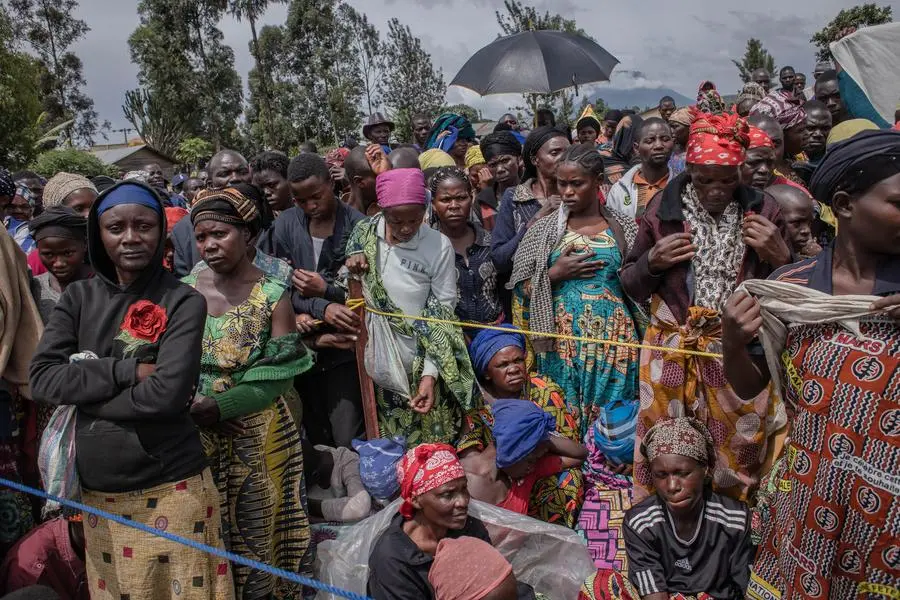PHOTO
The United Nations warned Monday of a "deepening crisis" of malnutrition in the Middle East and North Africa affecting a third of children.
"At least 77 million - or 1 in 3 - children in the Middle East and North Africa (MENA) have some form of malnutrition," the UN children's agency UNICEF said in a statement.
It said 55 million children across the 20 countries assessed are overweight or obese, which UNICEF considers a type of malnutrition.
A further 24 million children suffer from undernutrition, including stunting, wasting and thinness, it said.
"The deepening crisis of malnutrition in the region is being driven by what and how children are fed, poor access to nutritious foods, clean water, medical care and other essential services, and the proliferation of cheap, unhealthy poor foods high in salt, sugar and fat," it added.
This takes place amid "ongoing conflicts, political instability, climatic shocks, and rising food prices that together, deny children their right to nutritious food and limit humanitarian access to vulnerable communities".
Only a third of young children are being provided with nutritious foods, said UNICEF regional director Adele Khodr.
"This is a shocking statistic in 2024 and risks becoming even worse as conflicts, crises and other challenges in our region persist," she said.
UNICEF urged governments to focus on nutrition in their planning and policy.
UN agencies said last month that conflict, economic turmoil and climate change had hampered efforts last year to reduce hunger, affecting about nine percent of the world's population.
In a report, they estimated that about 733 million people experienced hunger in 2023, a figure that has remained largely the same for three years after a sharp rise following the Covid-19 pandemic.
Moderate and severe food insecurity, which forces people to sometimes skip meals, affected 2.33 billion people last year -- about 29 percent of the world's population, they said.





















